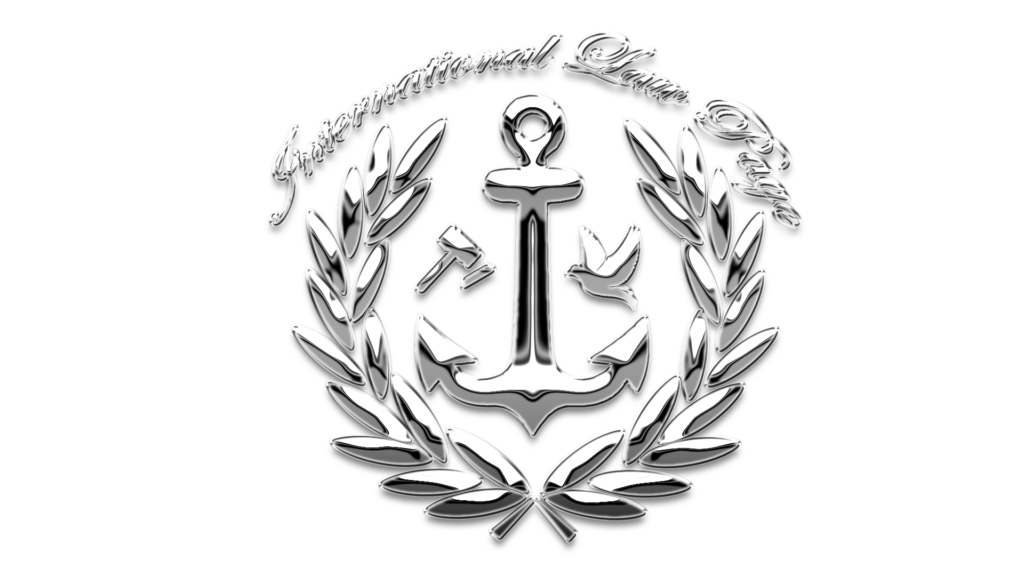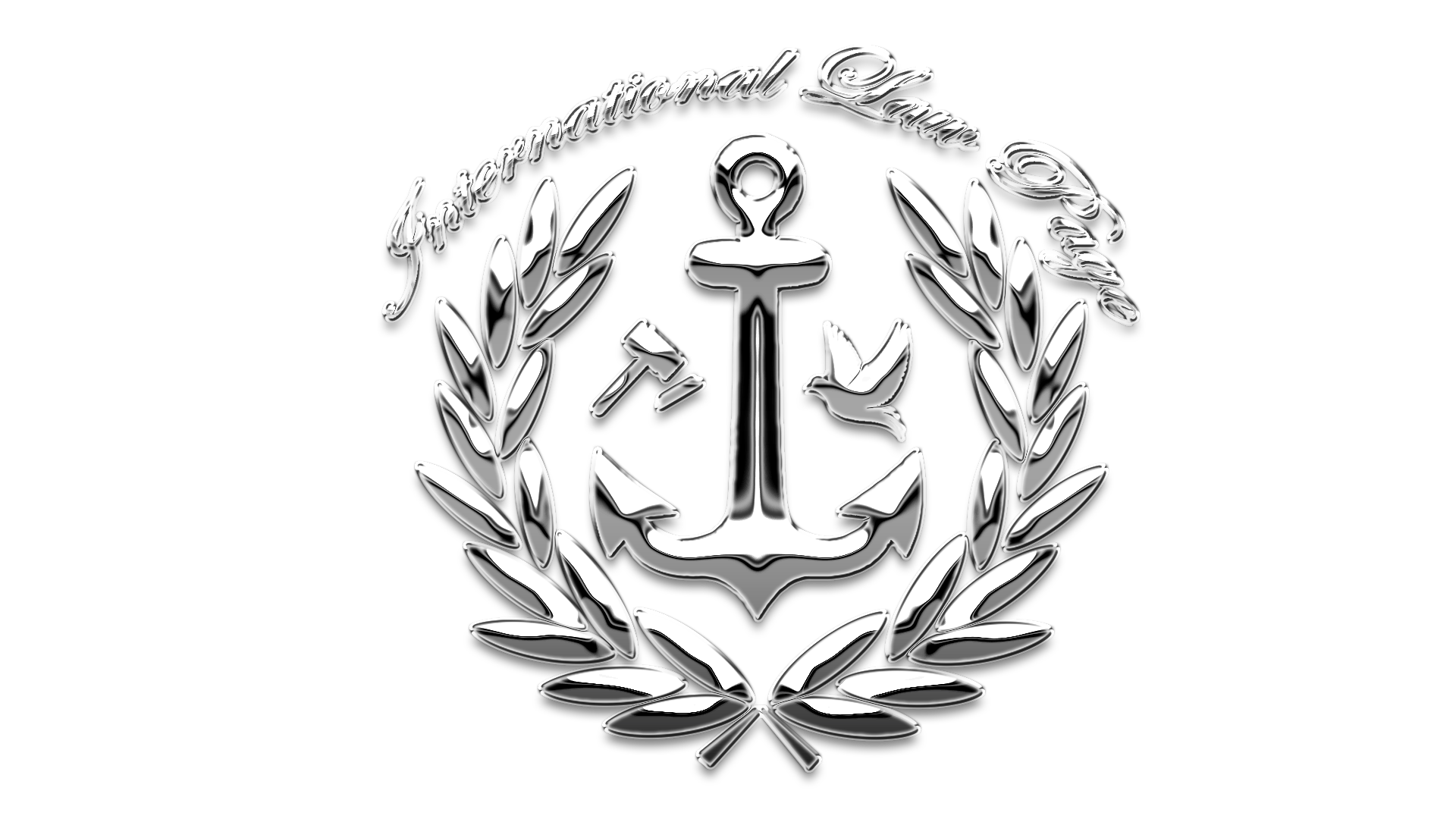
We are very pleased to start series of interviews with Dr. Nebile Pelin Mantı from Istanbul, Türkiye.

Hello Stefan, and İnternational Law Page followers. Thank you for this kind invitation.

1. Please tell us about your background.

I am a Public International Law scholar, and working within Istanbul University Faculty of Law. However, I am an alumni of Galatasaray University Faculty of Law and teaching Air and Space Law at National Defense University.
I practiced as an attorney for 5 year’s, as a criminal law attorney on IP Rights and Trademarks Law within one of the most famous firms in Turkey.
I obtained my LLM in 2009 and PhD in 2018, both degrees are from Galatasaray University as well. I am specialized in Air and Space Law, IHL Emerging Technologies and Conduct of Warfare and Law of the Sea.
And during my PhD research period I was accepted as a visiting scholar within Leiden University International Air and Space Law Institute, under supervision of Prof. Dr. Pablo Mendes de Leon and Prof Dr. Robert Heinsch and then Harvard Law School.

2. How did you decide on international law among all branches of law?

My first year in law school was in 2001, just before the 9/11 attacks. Therefore, LOAC, terrorism and Human Rights issues were big discussions of the time.
My Professors at Galatasaray University were Prof. Dr. Ayşe Işıl Karakaş and Prof. Dr. Emre Öktem.
Prof Karakaş, she is the person who made us read decisions of international Courts and resolutions of İnternational organisations and discuss them. Our Professors from France and Switzerland were very surprised. And she was then assigned as the Turkish judge within ECHR.
And Prof Öktem, who is also my PHD, supervisor, was at that time translating Geneva Conventions and Additional Protocols into Turkish with my late Prof. Melike Batur Yamaner.

3. What do you like the most about international public law?

There is always a new discussion as to new domains (like cyber and space), new technologies and weapons (cyber, blockchain, autonomous weapons), new States and the basis is customary law and its practice evolves during crisis and it is very vivid area of law.
I like thinking about how to apply the rule or how to regulate a new topic in conformity with the principles.

4. As far as we know, you are specialized in international space law. How did you choose this branch of international law?

Air and space Law, in fact.
Leiden was a great part of my studies, as during my research they were holding meetings for Harvard Manual and I was one of the students participated meetings and drafting reports. And since then I am serving as a judge in Leiden Sarin International Air Law Moot Court.
And since 2018, I am a member of SGAC Space and Cybersecurity Project Group, and participating IAC and IAASS with great colleagues, engineers and lawyers from all around the world who has the same love, and passion for Air and Space.
Air and Space gives you great opportunities for discussions as there is always a new and better technology and space is an emerging title of state activities and private entrepreneurs. Exploration and Exploitation of resources and keeping the space environment free from conflicts are essentially important. As well as developing and regulating peaceful uses, state practice as to…. This is fascinating.

5. What do you find the most exciting about working in the mentioned field?

My answer will be very similar to the previous question I guess. I like following discussions in ASIL and EJIL Talk and reading and researching new titles. There is always sth new, a new conflict, a new technology, a new use…. It is always giving you opportunities to think about rules, limits and pushing them. And at the end it is about the boundaries of your country, diplomatic relations, welfare, your country’s safety, security and peace.
Even movies, video games, etc. are basing on international crisis sometimes.
It keeps you alive and open to new.

6. What led you to a career in academia?

I am a terriffic researcher and a terrible attorney. 
Academia is not limited to routines of the cases, but very vivid and you can be part of more elaborate discussions.
It is exiting to discuss new things and as most of my students are military, teaching enables you to understand why the rule exists, how it is applied and consequences.

7. What would you regard as the most challenging aspect of being an academic?

If you are working with good people it is a joy, if not, it can be hard. It is always more important to work with people sharing the same interests.

8. What are you working on at the moment?

As I said, I am a member of a research project group, collaborating with UNOOSA, as well, and our research focus is space cyber security. We are preparing articles, podcasts and participating conferences with engineers and legals from all over the world.

9. Your message to all those who want to study or work in the field of international law.

Not only international law, but law requires good research. If you are speaking foreign languages fluently or just good, read blogs, participate discussions. Yes, you have to read a lot, and try to write an article, and elaborate discussions. There are many opportunities for students and scholars, please follow conferences and exhibitions. For those interested we hold ISC (International Space Conference) in Bursa, by GUHEM and my dear friend Halit Mirahmetoglu is organizing this huge event, please come and visit, meet new people and professionals of space from all over the world.
International law always provides new topics to discuss, just find which attracts you most, classic discussions of international law, international organizations, (UN, NATO, ICRC, …), International Investment Law, Refugees, Law of the Sea, IHL and LOAC, Air and Space Law, …
And try to participate those discussions, say your opinion, and be part of an international community of legals, who shares the same interests.

Dear Professor, once again, thank you for your time, and for this interview. It was our pleasure to have you here, and we are looking forward to the new collaboration in the future.

Dear Stefan, International Law Page editors and followers, thank you so much for this kind invitation. Hope to meet again with other opportunities. Best regards.
